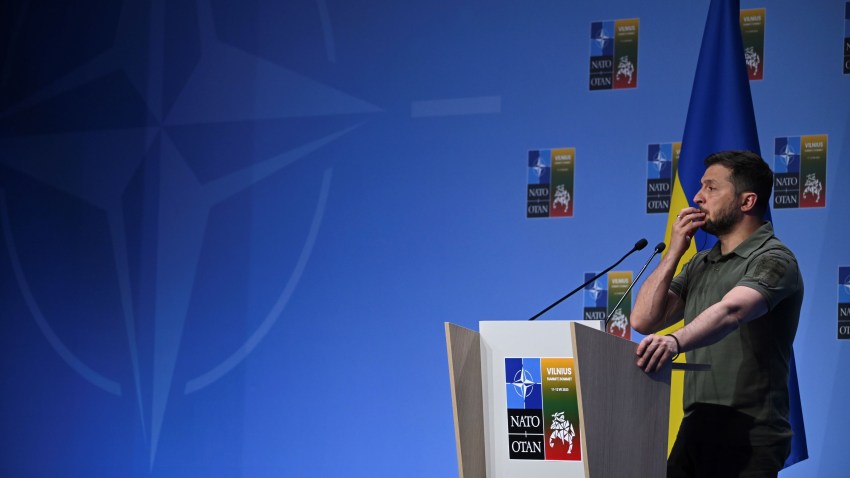Is NATO still worth it? Thursday marked 75 years since the alliance’s founding. On the eve of the anniversary, NATO Secretary General Jens Stoltenberg praised the alliance to a gathering of the member states’ foreign ministers. “NATO was founded on a single, solemn promise: An attack on one ally is an attack on all,” Stoltenberg said. “From that foundation, we have built the most powerful and successful alliance in history. And over the past 75 years, NATO’s open door has helped to spread democracy and prosperity across Europe.”
The alliance’s 75th year is notable not only as a mark of longevity but also because, unlike most of the years of NATO’s existence, the alliance is immersed in war. While not a direct fighting belligerent, it is an active participant in the war between Ukraine and Russia. Ukraine’s ability to standup to Russia’s invasion is fully dependent on NATO assistance, from sending arms and aid, to providing training and intelligence. Indeed, a key outcome of the foreign minister summit was to refine and enhance the alliance’s coordination efforts to assist Ukraine. After years of struggling to define its post-Cold War purpose, ranging from peacekeeping provision, democracy promotion, to counterterrorism, NATO once again has a clear singular mission: it returns it to its core function of ensuring the territorial integrity of Europe.
In short, NATO is as relevant as ever. But does “relevant” necessarily mean “valuable”? Is 75 years enough? After all, some have claimed that NATO’s continued existence and expansion after the Cold War is the very factor that brought about the war in Ukraine, as the alliance’s movement eastward could have been seen by Russia as a threat against it and its interests. Such claims presume that Russia had no aggressive intentions towards the nations of Eastern Europe, particularly those that were once part of the Soviet Union. That claim seems doubtful, particularly given Vladimir Putin’s penchant for using a distorted, deep historical narrative to characterize Ukraine’s relationship to Russia.

